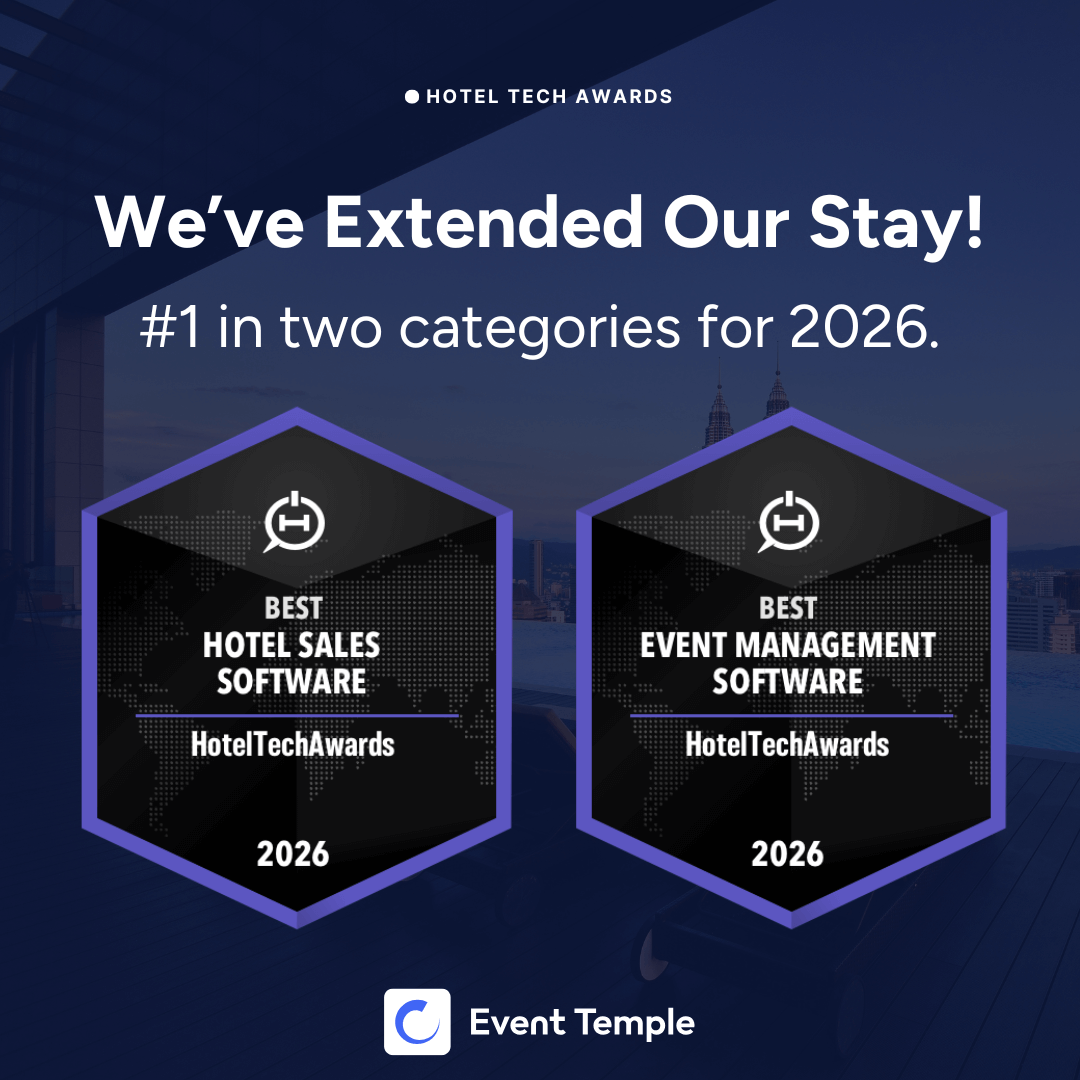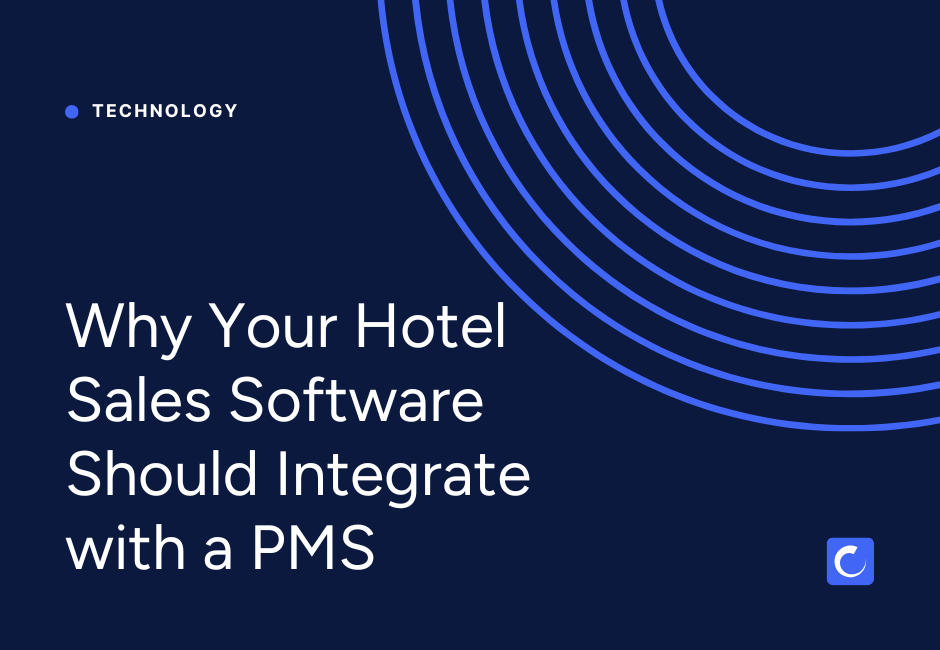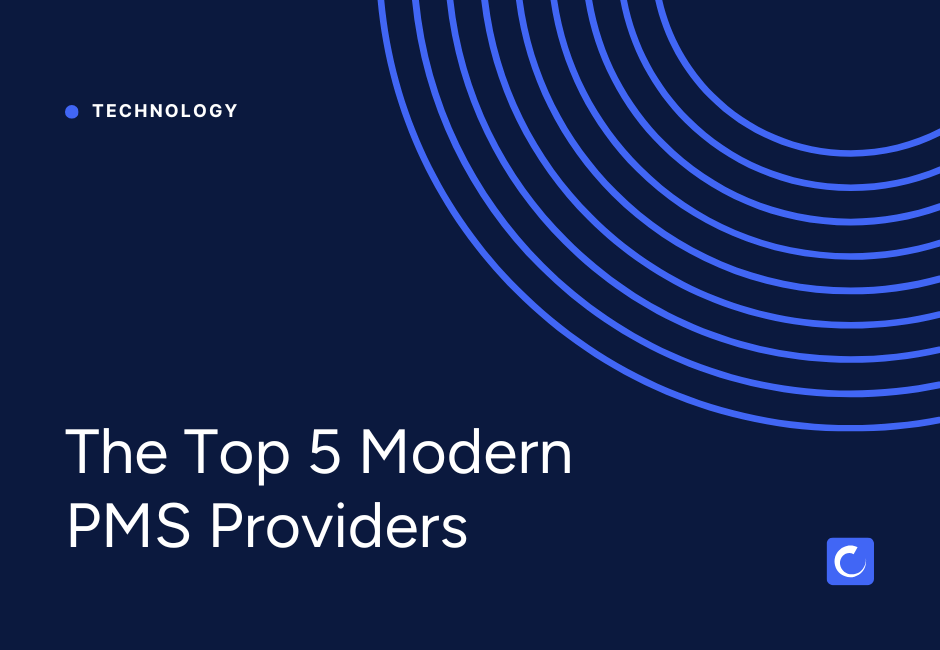
In this Event Temple series, we highlight members of our team who are the drivers to our success. Find out about the people behind the desk, what they do inside and outside of work, and their take on Event Temple’s journey, from their unique perspective.
In this special post, we sit down with none other than our co-founder and CEO, Bob Graham. A self proclaimed “jack of all trades” but master-of-none, avid traveller, and driven by his curiosity of life, our CEO gives you a big glimpse into his life and boy is he generous!
Q: Hi Bob! Can you tell us who “Bob Graham” is and what you do at Event Temple?
Yes, absolutely. I am one of the Co-Founders at Event Temple and also the CEO. I do a little bit of everything here at the company, but my main focus is around relationships and strategy. In my spare time I enjoy playing guitar and lately I have been learning a lot of spanish and flamenco music.
I would describe myself as a curious person, who gets obsessed with solving problems. I really enjoy meeting new people and experiencing new places. Whenever I can, I make a point of travelling. I’ve been lucky enough to go to some amazing places and to meet some interesting people in my life. I have nearly died twice, which I think has shaped how I see the world in a deep way. I see life as an adventure and I think it’s worth trying some things out. That is really how I got started with Event Temple.
Q: Can you describe your journey on how you got to where you are today?
I grew up in the Okanagan Valley in British Columbia, Canada. Growing up, I was very into playing the guitar. I learned spanish and classical guitar but also played in bands.
I got a degree from the University of British Columbia Okanagan, after high school.
I also started my first business in university. I was playing guitar professionally at wineries and cafes and I also composed some music for TV shows at that time. It was around that time that I found my first real business problem, which eventually led to me founding a company. As I looked for work playing music at various venues, I realized that the process of finding paid performance opportunities was quite difficult. I honestly thought there was just a number you could call to find work like this and I have to admit I was really surprised when I found that it just didn’t exist.
So, I started a little business to solve that problem and our mission was to “help musicians make a living doing what they love”. Pretty soon the business started growing and became a full-time job. I eventually moved to Vancouver to pursue my music business full time and to grow into larger metropolitan areas. I ended up expanding it across Canada and eventually I sold the company.
After that, I thought it would be interesting to learn how to code, so I taught myself the basics of software development. It was the hardest, most challenging thing I could think of doing at the time. When I told people who knew me well that I was learning how to code, I think they thought it was a bit of a strange hobby. But, eventually I did learn. I even launched an app for my old company and I think we had close to 100 users.
While I was learning how to code, I decided to build the software I always wanted at my music business. I knew that to really do it right, I would need a partner. I tried working with a few different people, but I couldn’t find the right person to start the business with. I knew there was a clear problem with event-based sales, so for quite a while I just kept working away at. I was even attempting to code it by myself in the evenings.
Eventually, I had a meeting with Pouyan, who is now my Co-Founder. I knew he was both a fantastic person and a great software engineer. After explaining the idea over a series of meetings spanning several months, we eventually decided to team up and we set out to build the perfect system for event management. We were really just friends at first, with this shared hobby of wanting to build a company eventually, and then we got really interested in building a CRM for Events.
A little while after that, we discovered that my friend, a General Manager at a hotel was using an outdated system and she was happy to provide us with some feedback on our new system. Event Temple was really born from that. We would just go talk to her and learn about her problems, solve them and then go back and tackle another problem. Of course, there is a lot more to it than that, but from a high level, that’s how we got here. We just focussed on our own curiosity, and some of the challenges I had in my old business.
I attribute our success to date to curiosity, open mindedness, honesty and grit, as well as living in the moment. I think if we set out to build a business just for the money, it never would have worked. My partner and I both love what we do most of the time. It’s the process of solving a giant puzzle and getting to know all of these amazing people that makes it fun.
Q: Why do you think Event Temple is seeing such a big impact in hospitality tech?
It feels a bit crazy to say, but I think some of our biggest competitive advantages are just old fashioned values like honesty, integrity, transparency and using the golden rule. It’s something that I’ve noticed has a compound effect on the business. When you treat people right, they notice and this builds and builds on itself.
I also think that our focus on a few key pillars of differentiation that we believe really matters has had a massive impact. We know it’s unrealistic to be great at everything, so we’ve really thought about what we think will have the biggest impact on a hotelier’s success. Of course we know, sales drives revenue, so we started there.
From that premise, we quickly learned that salespeople need a system that is easy to use, so they can build relationships with customers instead of doing admin all day. So ease of use is a huge pillar for us.
Another is integrations. We found that customers were struggling with systems that didn’t talk to each other and this created major issues with inaccurate reporting, data entry and wasted time. So again, going back to producing revenue, it made sense to streamline this.
We also came to understand that hotels only need to make small changes to see big results in revenue and profit, so we doubled down on data quality. We realized that there was only one legacy system that was any good at data, so we spent a lot of time and energy making our reporting the best in class. Reporting and drilling down into the data gives our customers the ability to understand their own winning sales formula, so they can spend more time on what works and less time on what doesn’t. Prioritization is everything in sales.
Finally, none of that matters if they can’t have their questions answered or are improperly trained, so we’ve invested in customer support and success. I have extremely high standards here and I think I might even be annoying at times because I care so much about our reputation. But luckily for me, my team members feel the same way and together, we continually raise the bar on our expectations about our customers’ outcomes. We look to serve our customers first, and we know if we do that, we will also be successful. Service ties it all together.
When you combine all of these things, I think you get a modern product that looks nothing like the Sales and Catering software of the past. It’s something that hoteliers understand, because hoteliers understand sales and relationships, and once they get their hands on our system, they immediately start to see how every decision Event Temple makes is to assist them in growing revenue. I think that focus makes our product completely different from anything on the market and is opening huge doors for us. We don’t focus on hyper-growth, we focus on our customers and that is causing us to expand very quickly.
Q: Describe some of the biggest challenges that hotel tech is facing today from your perspective.
I think that it’s the sunk-cost fallacy. A lot of legacy providers charge a lot of money for software up front, so it can be built into the capex costs and incorporated into the hotel’s financing plan when it is first built. The problem here is that hoteliers end up paying way too much for the software. But since the initial cost was sunk, they often feel stuck. Having said that, hoteliers are now waking up to the fact that maybe they got a bit of a raw deal.
Those legacy systems are now quite outdated, which results in lost revenue opportunities and a lot of costs in terms of wasted time. I also think that this legacy tech prevents innovation. When you have all your software in a single box or two, and it doesn’t easily connect to other software, you end up stuck using it and nothing else.
Q: Can you give us your take on why it’s so important for hotels to prospect?
I was in sales myself before Event Temple. Like most salespeople, I did not love the pure “cold calling” approach and that was really because my results weren’t that great. It felt ineffective at times, and in my gut, I always thought that there must be a better way. While I knew it had to be done, it just felt inefficient. I felt there had to be a balance, but at that time, I didn’t know a better way so I just picked up the phone and made sure I hit my activity goals.
Once I got deeper into the technology industry, I learned about a pretty powerful sales tactic used by software companies. I would call it “Digital Prospecting” or “Sales 2.0”. It involved prospecting but in a much more effective and efficient way. Instead of just dialing out of the phone book, it involved drilling down and hyper-targeting buyer personas across new channels.
Since millennials now make up a huge percentage of B2B buyers and this trend is growing, I’ve seen Digital Prospecting become more and more effective. That’s very exciting to me and it should be for our industry. I mean think about it, there is a brand new way to sell and your competitors are clueless of how to do it, and the number of people it works on is only projected to grow to a higher and higher percentage of total buyers in the coming decade. I think it’s a game changing opportunity and that is before Covid hit our industry.
If you apply Digital Prospecting in a post-covid world, I believe you have a significant competitive advantage. Imagine, you don’t sit and wait and just take what the OTAs give you, you can instead create a well-balanced, multi-channel strategy that has controllable inputs that result in a lower cost per booking. You can use this type of prospecting to grow Business Transient, Groups, Events and more. It also creates additional enterprise value for the hotel because you have a sell-able book of business that is both predictable and reproducible. You can start to forecast sales numbers in a new way. I also love this process because it can be utilized by regional teams selling multiple properties and parts of it can even be outsourced. If done right, it can improve the property’s local reputation and brand leadership in the local market as well.
If I was opening a hotel today, one of the first things I would develop is a comprehensive prospecting plan and it would scale based on several revenue goals. There is no reason why other hoteliers can’t adopt the same approach to prospecting and I believe more and more will. The ones that do will win. It’s a huge opportunity.




